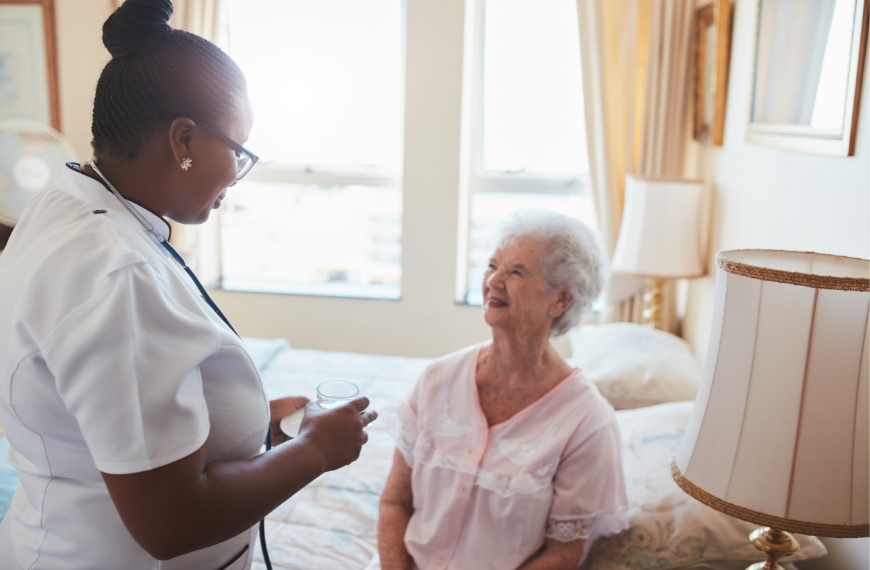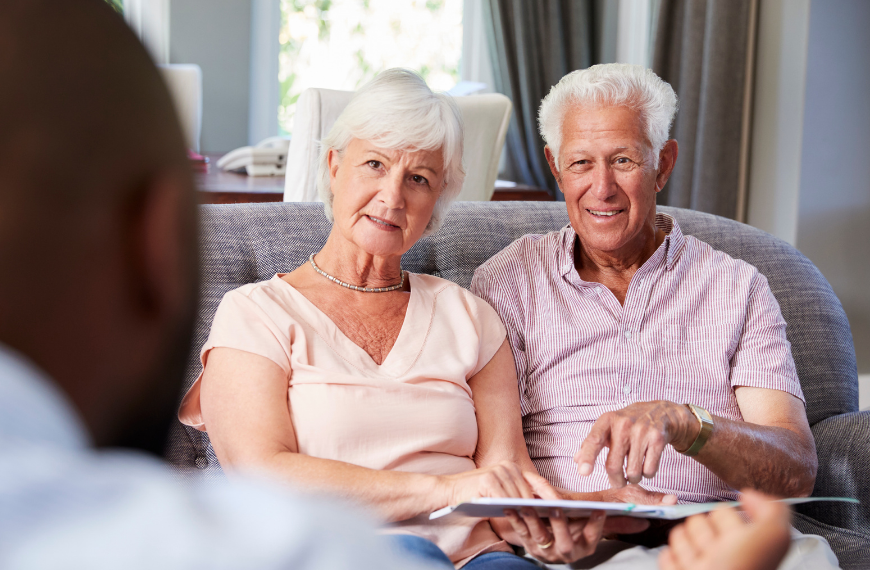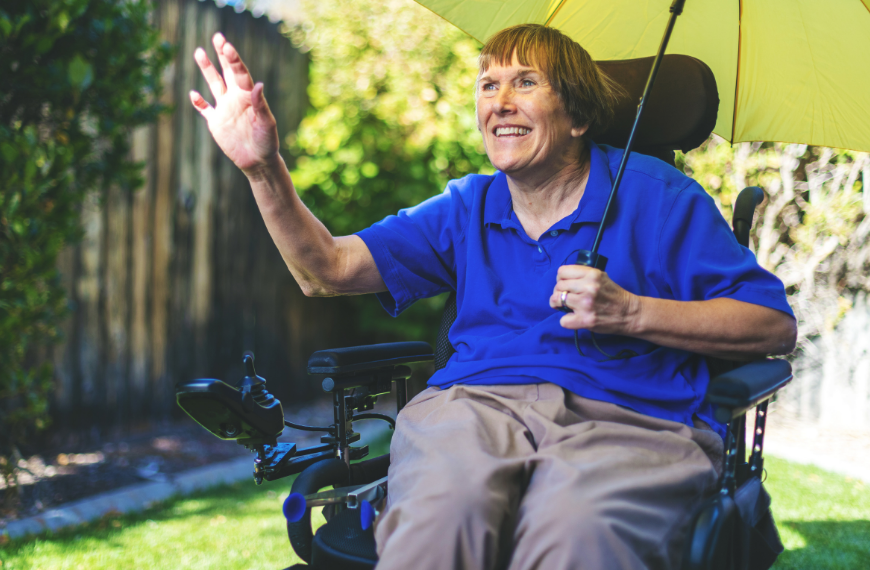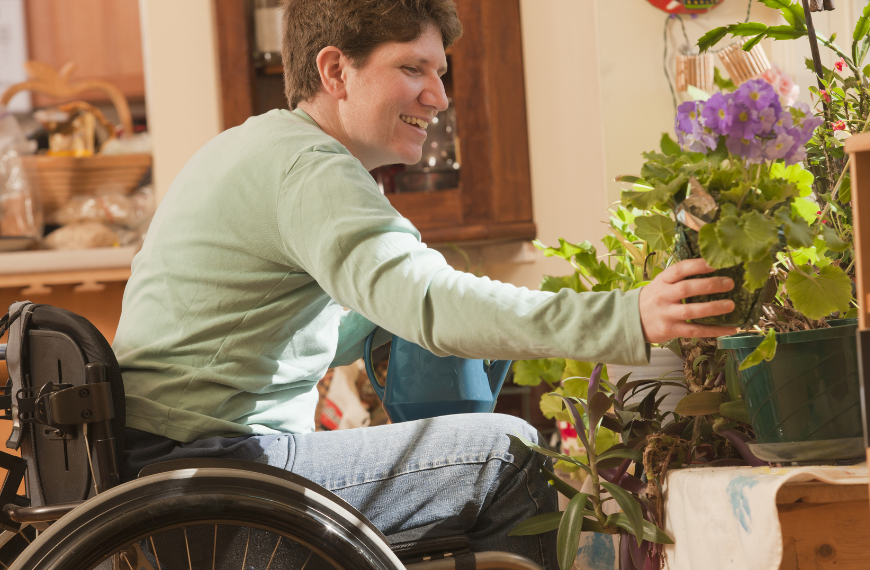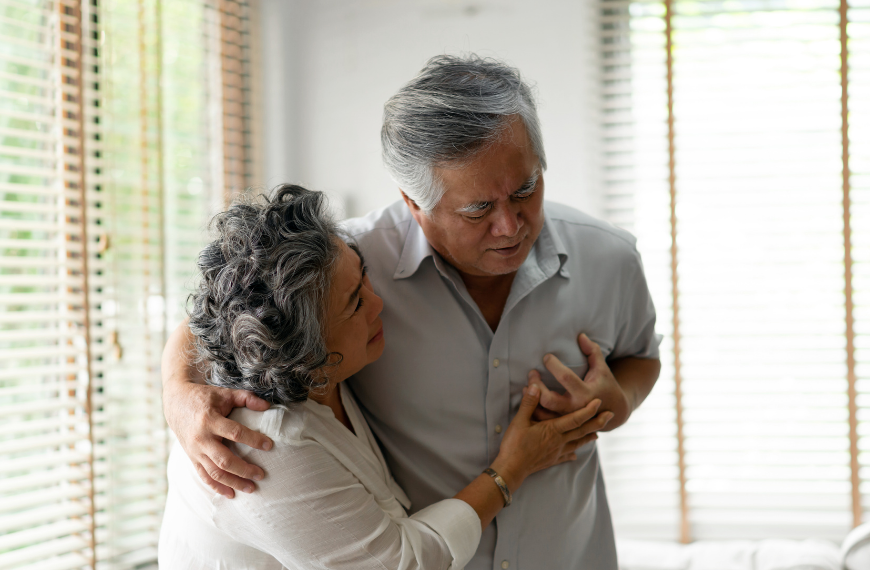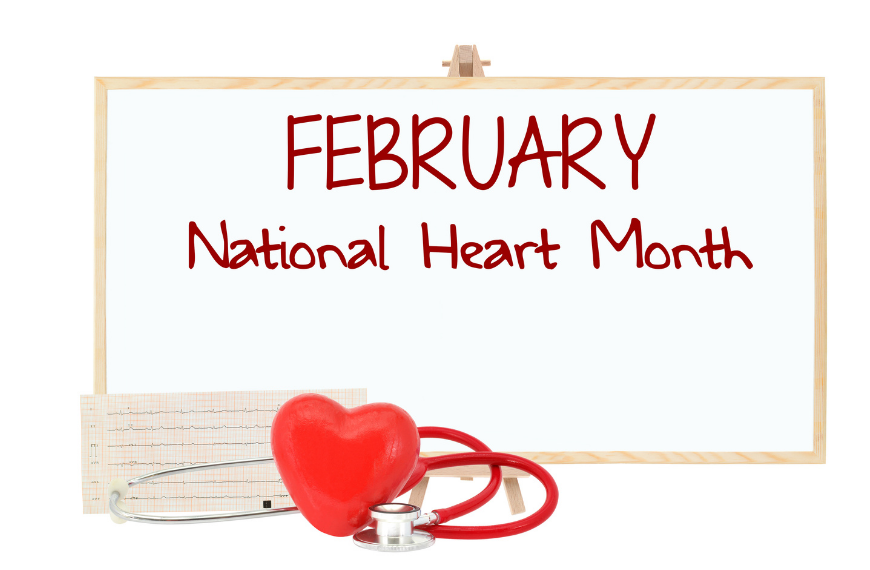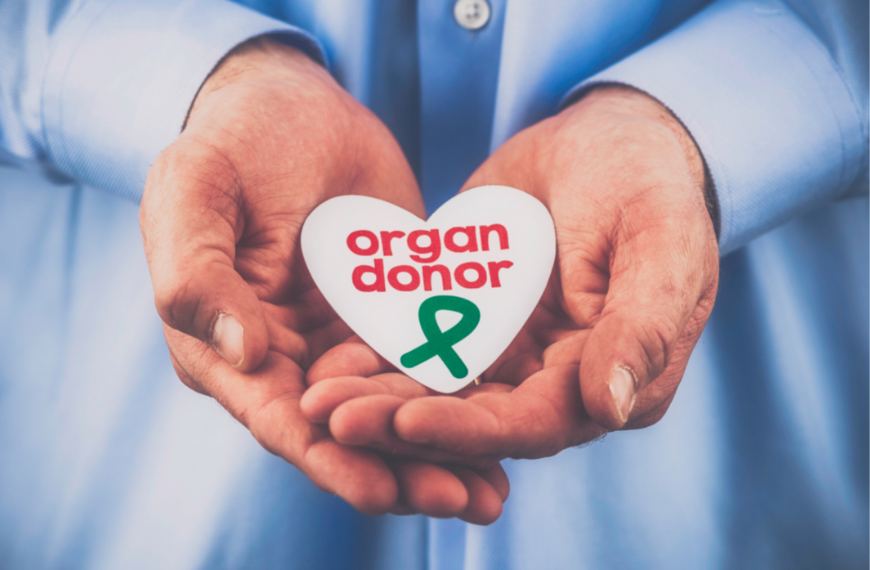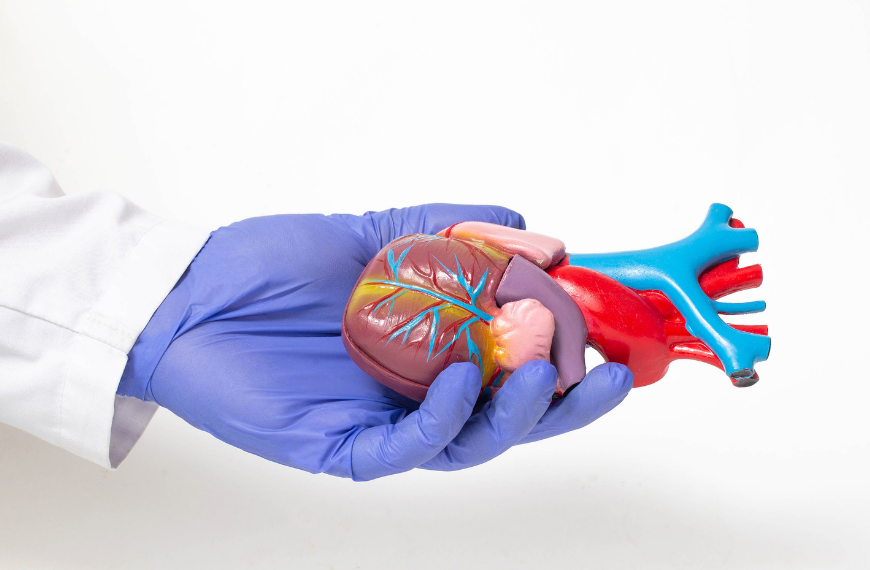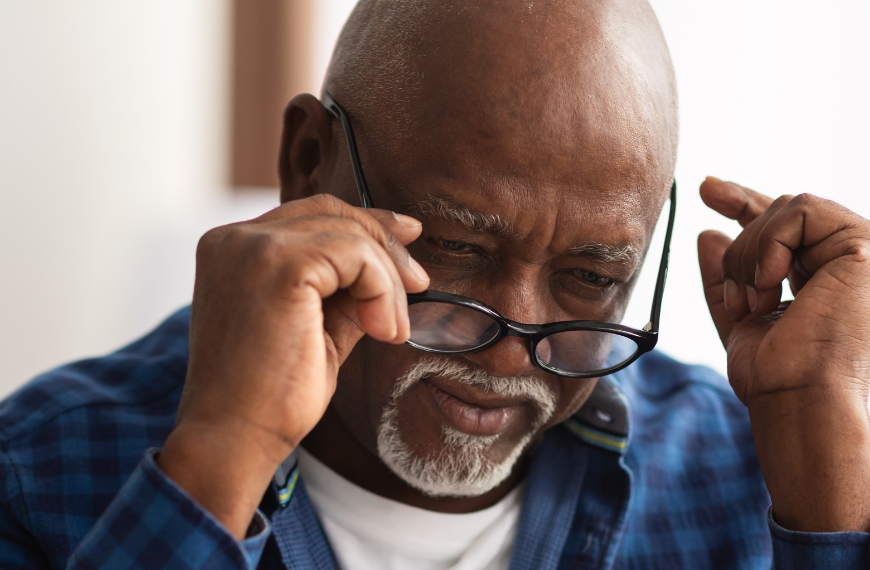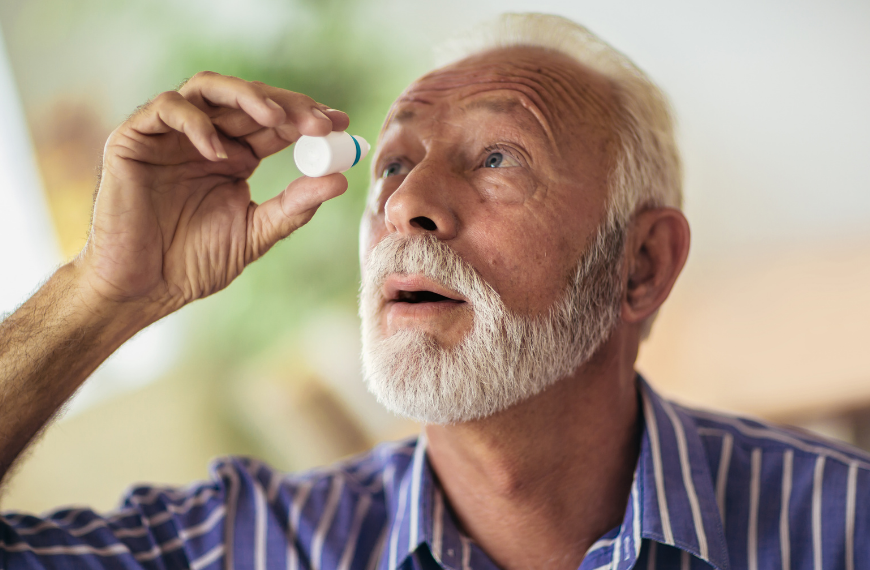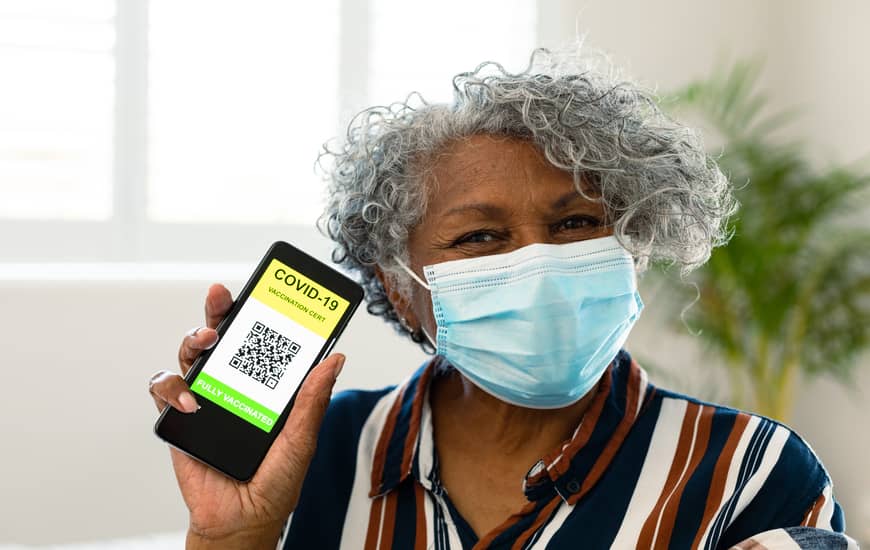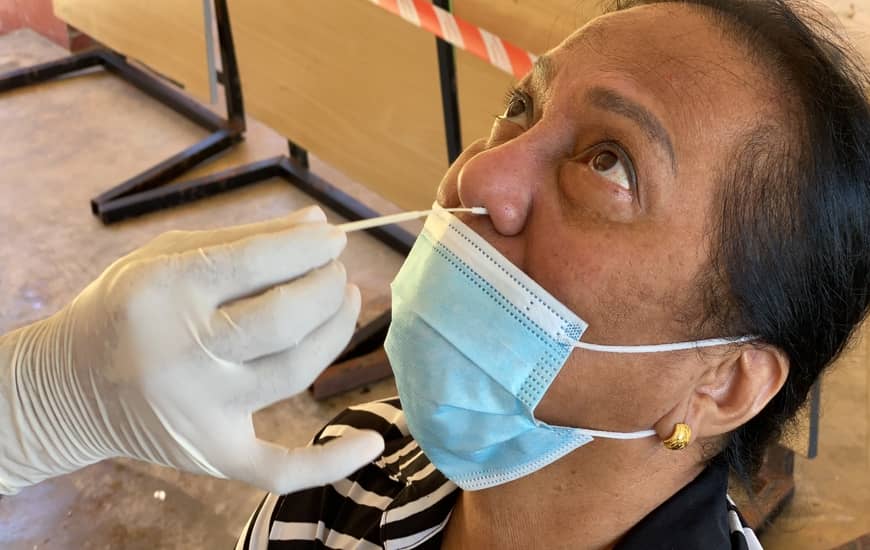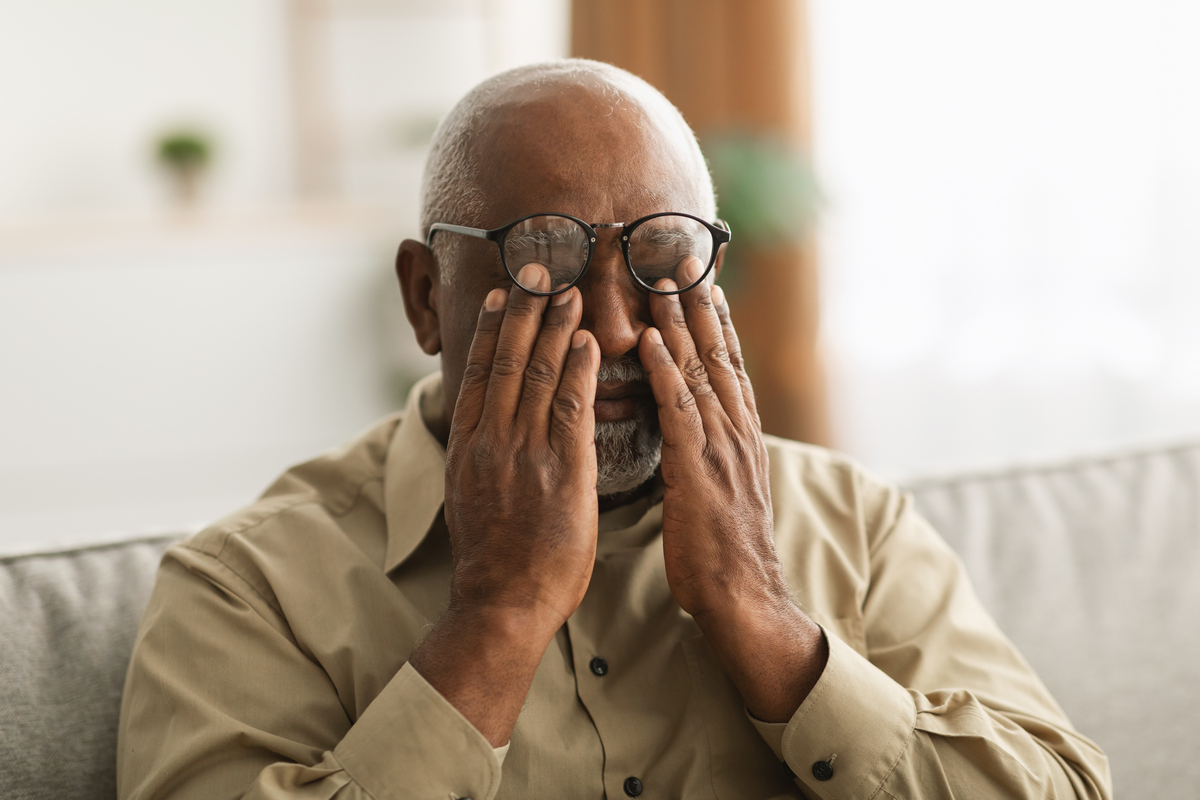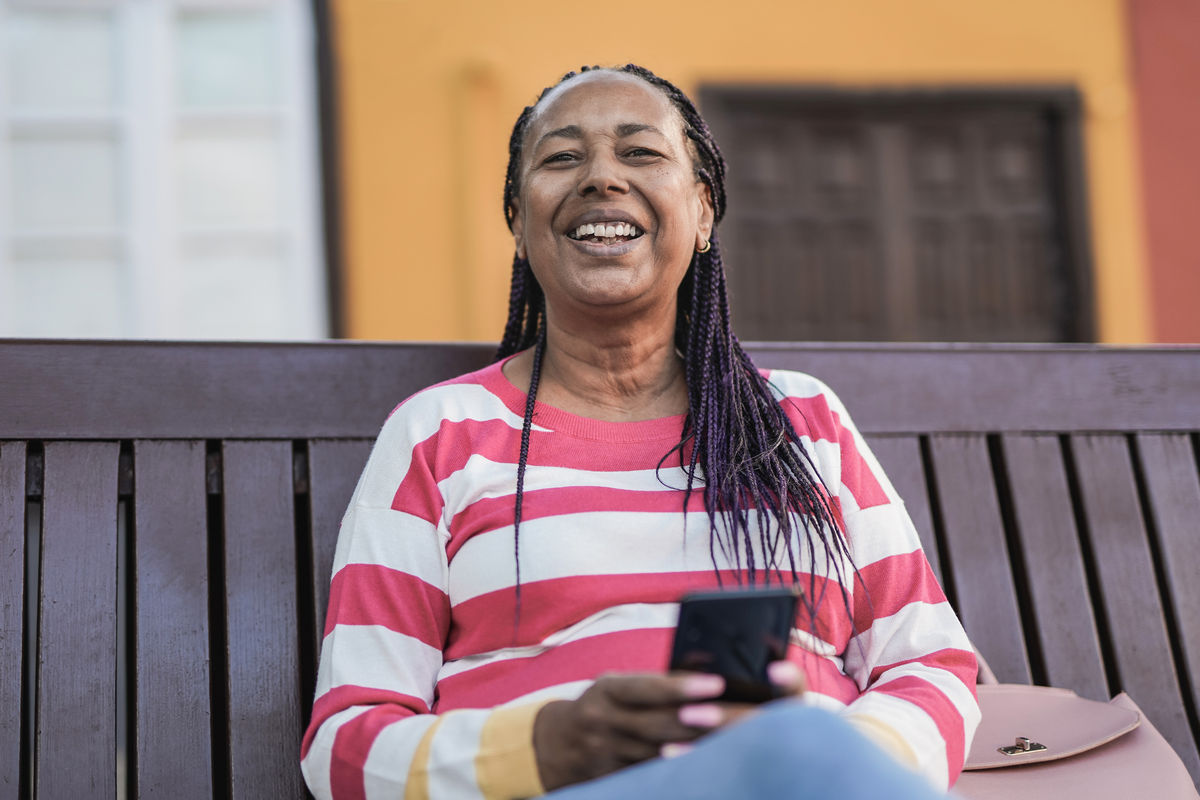AmeriBest Home Care is hiring! We are looking for conscientious, empathic people to join our in-home health service team in the Harrisburg, PA area. Whether you’re already a caregiver, or just thinking about moving into this area for your career, we have a lot to offer you, including a positive atmosphere where your efforts not only matter, but we appreciate them!
Why AmeriBest?
There is a reason AmeriBest ranks among the top home care agencies for nursing and caregiving. We invest in our employees and value their contribution to the dignity of individual clients. With AmeriBest you’ll be part of improving a person’s and family’s quality of life every day.
Our benefits plan is among the best you’ll find, starting with paid training. We’re not going to just send you into the field and let you fend for yourself. Doing all your tasks well means our clients remain safe and comfortable in their homes. The theme of AmeriBest really boils down to that-providing high-quality, compassionate personal care services to people in our community.
Our Benefit Plan: A Closer Look
When you are considering a caregiving position, it helps to have points for comparison. The AmeriBest Benefit Plan is outstanding and includes:
- 401K
- An app for Daily Pay, giving access to your income any time, anywhere
- Bereavement and maternity leave
- Electric timekeeping
- Life insurance for full-time employees – $15,000
- Medical, Dental, Vision Insurance. The basics are covered at 100%
- Monthly recognition awards for “caregiver of the month”
- Paid Holidays: 7 a year with time and a half for working any of them.
- Sign up bonus
- Supplemental insurance options such as short term disability
You won’t be disappointed.
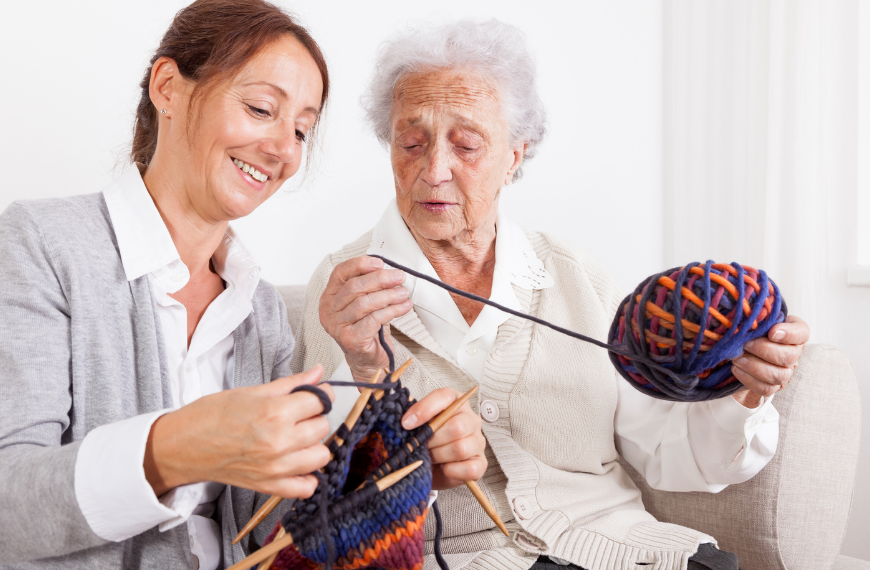
Why Become a Personal Caregiver?
Let’s face it, some careers are not for everyone. But if you love working with people and have a natural nurturing ability, being a home care aide may be the ideal choice. As a home care assistant you:
- Provide comfort and companionship to individuals in need.
- Keep the individual and family connected medically and with the community.
- Can grow your career. Training is only one step along the path. You can specialize!
- Enjoy flexibility. You create your schedule in tandem with AmeriBest HR, one suitable to your situation.
Plus, your individuals and their families appreciate your help. Unlike many jobs where you never hear “please” or “thank you,” the people you work for are grateful for the relief you provide.
Job Opportunities
There are three positions in Harrisburg, PA for which we always seek exceptional applicants:
- Personal Care Assistant
- Registered Nurse
- Speech Therapist
In any of these jobs, you provide consistency, knowledge, and skills that are so important to individuals needing extra help at home. Plus, your career profile doesn’t have to stop with one niche. We encourage career development and provide paid training for things like CPR, signs of abuse, and sound nutrition practices.
Ready to Apply?
You can fill out an application right now, online. Alternatively, call 717-545-2920 or email info@ameribest.org.

